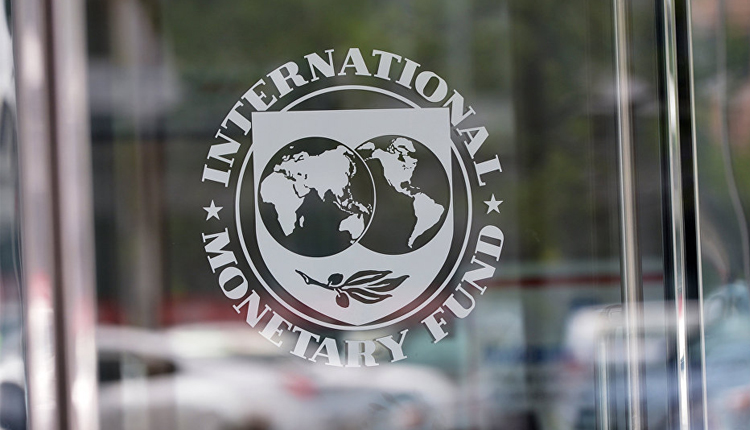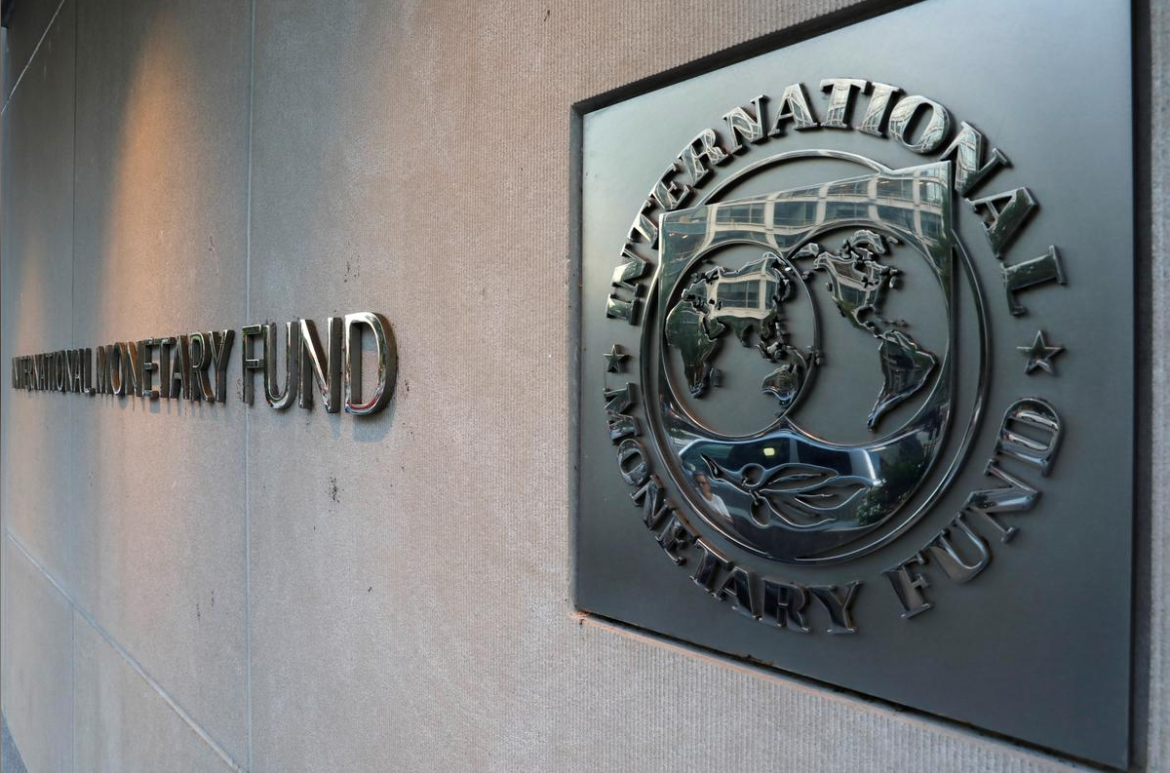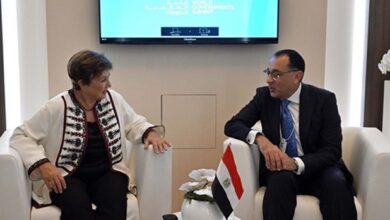New York – Dominique Strauss-Kahn resigned as head of the IMF, saying he needs all his energy to fight charges that he sexually assaulted a hotel maid, prompting an immediate political tug-of-war over his job on Thursday.
Strauss-Kahn's arrest in New York on Saturday dashed his prospects of running for the French presidency in 2012 and sparked debate over the 65-year-old tradition that a European is appointed as head of the Washington-based global lender.
German Chancellor Angela Merkel tried to pre-empt calls from emerging nations for a shot at the key post by saying the next managing director of the International Monetary Fund should be appointed quickly and should be a European.
In veiled warnings against another US-European stitch-up, China and Japan both called for an open, transparent process to choose a successor on merit.
Strauss-Kahn's resignation letter, released by the IMF and dated 18 May, contained his first public comment on the charges of attempted rape, illegal sexual acts and sequestration of a 32-year-old widow from West Africa at a luxury Manhattan hotel.
"I deny with the greatest possible firmness all of the allegations that have been made against me," he wrote. "I want to devote all my strength, all my time, and all my energy to proving my innocence."
Later on Thursday, the former French finance minister was to make his second request to be released on US$1 million cash bail and placed under 24-hour house arrest until his trial on charges of attempting to rape a hotel maid, his lawyers said.
He is being held in New York's grim Rikers Island jail.
A police mug shot of Strauss-Kahn, 62, taken more than 24 hours after he was detained, showed him looking exhausted in a rumpled, open-neck shirt, looking down through half-closed eyes.
The photograph is likely to fuel outrage in France over the way the man seen as a strong contender for the French presidency was paraded before the cameras in what is called a "perp walk" before he had had a chance to defend himself in court.
The woman Strauss-Kahn allegedly tried to rape testified on Wednesday before a grand jury. The 23-member panel will decide in secret whether there is enough evidence to formally press charges with an indictment.
In a poll released in France on Wednesday, 57 percent of respondents thought the Socialist politician was definitely or probably the victim of a plot.
But French politics has moved on toward the search for a replacement challenger to unpopular conservative President Nicolas Sarkozy next year. Former Socialist leader Francois Hollande is now the center-left frontrunner, but party leader Martine Aubry is under pressure to enter a Socialist primary.
Stauss-Kahn's resignation intensified debate over who should lead the Fund and whether it was time to ditch the practice, in place since the IMF was set up in 1945, that a European heads the IMF while an American is president of the World Bank.
The vacancy comes at a sensitive time, given the IMF's dominant role in helping euro zone states such as Greece, Ireland and Portugal deal with massive debt problems.
Europeans argue that the euro zone debt crisis means it makes sense for them to retain the post for now.
French junior transport minister Thierry Mariani said on Thursday that Economy Minister Christine Lagarde would be a "very good candidate," but that it might be hard to have another French person "in the current context."
Lagarde, 55, declined to answer when asked whether she was interested in the post, but she told reporters: "Any candidacy, whichever it is, must come from Europeans jointly, all together."
She is under a legal cloud after a public prosecutor recommended this month that she be investigated for her conduct in a business-related legal case involving an ex-politician. Judges at a special court for ministers are expected to decide in mid-June whether to order a full-scale inquiry.
Swedish Finance Minister Anders Borg backed Lagarde, a fluent English speaker who headed U.S. law firm Baker & McKenzie in Chicago before joining the French government in 2005. Diplomats said she had German support.
Merkel said she would discuss the succession with fellow European Union leaders, and that emerging nations, which are anyway demanding a greater say in how the Fund is run, had a right to top IMF and World Bank posts in the longer term.
Emerging economy officials acknowledge that one problem would be their own difficulty in agreeing on a single candidate, in contrast to the Europeans' disciplined unity.
A possible compromise figure could be former Turkish Economy Minister Kemal Dervis, 62, an economist with IMF experience, who is from an emerging economy that is a candidate for EU membership.
Turkish Finance Minister Mehmet Simsek said the practice of Europe appointing the IMF head must change because "the center of the world is moving from west to east."
Japan, China, Mexico, Brazil and South Africa have all suggested a new approach to selection.
"As agreed at G20, heads of international financial organizations and senior leaders should be chosen based on their ability through an open and transparent process, so I think a suitable person should be chosen through such a process," Japanese Finance Minister Yoshihiko Noda said.
John Lipsky, the Fund's number two whose term expires in August, is acting managing director until the IMF executive board selects a successor to Strauss-Kahn.
New details have emerged about the sequence of events surrounding the alleged attack.
Strauss-Kahn left the Sofitel hotel near Times Square in Manhattan around 12:30 pm on Saturday and hotel security called police to report an alleged sexual assault about an hour later, a law enforcement source said.
New York investigators are asking why hotel staff waited an hour to call police after the IMF chief left, apparently in a hurry.
He has been charged with attempted rape, sexual abuse, a criminal sexual act, unlawful imprisonment and forcible touching. If convicted, he could face 25 years in prison.
The woman he is accused of assaulting is an asylum seeker from Guinea with a 15-year-old daughter.
In the only public clue to Strauss-Kahn's possible line of defense, his attorney Benjamin Brafman told his arraignment hearing on Monday that the evidence "will not be consistent with a forcible encounter."
Any trial could be six months or more away.



